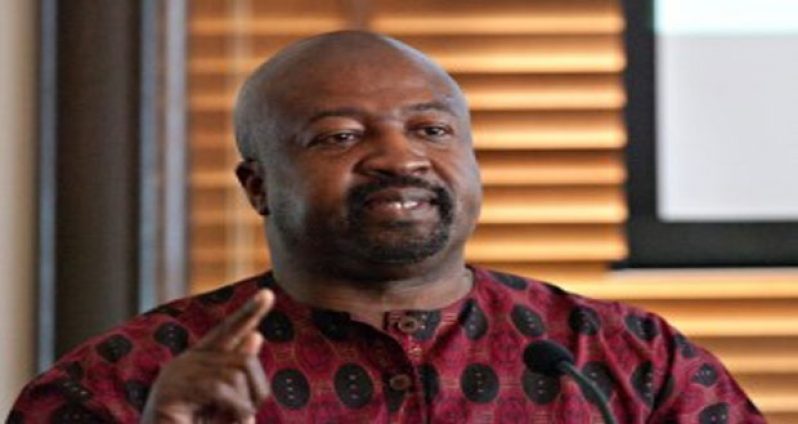THE 1953 election, the first held under self-rule and universal adult suffrage, was won by the then PPP, which represented a united anti-colonialist nationalist independence movement. Its leadership included Cheddi Jagan, Forbes Burnham, Eusi Kwayana, Janet Jagan, Ashton Chase, and Martin Carter, among others. The party campaigned on a platform of self-government, and economic and social reforms that affect the working people, such as better education, health services, housing and better wages.When the results were announced, the PPP had won 18 of the 24 seats, with 51 percent of the popular vote, giving it a majority in the legislative assembly. The middle-class National Democratic Party, an alliance of the African, East Indian, and Portuguese petty bourgeoisie that was backed by the colonial establishment, won two seats, with 13 percent of the popular vote. The remaining seats were won by four independent candidates who each ran localised community campaigns. This victory had serious implications for Guyana’s future, both for the short term and the long term.
Upon attaining office, the PPP attempted to use its majority in the Assembly to implement its policies promised during the campaign, and ultimately change the character of the state. The following changes were made during the first four months in office: the ban against entering the country by leaders deemed to be subversive was promptly lifted; the Undesirable Publication Law was repealed; the 1945 Rice Farmers Security Tenure Ordinance was amended to make the landlords rather than the tenant farmer ultimately responsible for the upkeep of the land, and to protect the tenant farmers by enacting a standard rental for land; a Labour Relations Bill was passed in the Lower House making it legal for employers to negotiate with trade unions which gained majority support for union representatives to visit work places, and prevent victimisation of workers.
For the first time in the country’s history, the ordinary working people had gained some stake in the state. The Rice Farmers Security of Tenure amendment and the Labour Relations Bill challenged the landlord and planter class, two groups which hitherto exercised considerable influence over the state. But it was the Labour Relations Bill which infuriated the ruling classes the most. Sensing that the company union, the Man Power Citizens Association (MPCA) would be displaced by the PPP-affiliated Guiana Industrial Workers Union (GIWU) in a fair poll of workers on the sugar estates, the bosses tried to destroy the bill by deeming it a communist ploy.
However, to demonstrate its support for the bill, the GIWU called out its members on a strike which threatened the attainment of the sugar quota for that year. This incensed the capitalist class which was concerned about the drop in profits. It is no coincidence that the Colonial Office landed troops in the country, suspended the Constitution, and dismissed the PPP ministers in the cabinet on the very day that the bill was passed in the assembly. The suspension of the Constitution was supported by most of the nominated members of the Legislature. What was at play here was a convergence of class and ideology, as the nominated members were all representatives of the elite classes who were pro capitalist and staunchly anti communist. They were prepared to sanction armed intervention to restore their class domination of the state.
The PPP, from its inception, had declared itself staunchly anti imperialist and socialist. Although some of the leaders used strong socialist rhetoric, only a few could be called communist. The leadership also included trade unionists, whose socialism was more along the lines of the British Labor Party, and also religious leaders. However, the platform of the party, the visits by the leading members to communist countries, were enough to earn it the labels of revolutionary, socialist, and communist; hence, the reason that anti communism became the central theme of the opposition to the PPP during the election campaign, and the subsequent actions of the colonial authorities.
The PPP intended its triumph at the elections to pave the way for national independence based on a democratic working class and multi-ethnic ideology. But it turned out to be the catalyst for the dislocation of the movement and its seizure by the petty bourgeoisie with the support of British and US imperialism. It also turned out to be the beginning of the deterioration of race relations among the working class.



.jpg)








